Women-led beekeeping enterprise
This innovative project aims to establish a women-led beekeeping and honey production enterprise to mitigate human-elephant conflict. Specific activities include extending an existing beehive fence by one kilometer to reduce crop raids and protect frontline farms around Kitete village. A women's beekeeping enterprise and permaculture garden will be established, increasing the financial independence and nutritional health of 50 women. The men will be trained and supported in regenerative agriculture methods across the frontline farms, increasing biodiversity and improving the lives of humans and elephants. In addition, Wild Survivors will expand their elephant monitoring and behavioral ecology analysis in order to measure and understand the efficacy of the project and its impact on elephant conservation.
Founded in 2016, Wild Survivors is a registered charity in the United Kingdom. Its mission is to prevent human-elephant conflict by delivering sustainable initiatives which place community welfare at the heart of wildlife conservation.
News
Four new projects approved in June 2023
29 June 2023
The Foundation’s Board approved four new projects at the June Board meeting.A promissing beginning
13 June 2024
This innovative project, led by Wild Survivors, aims to establish a women-led beekeeping and honey production enterprise to mitigate human-elephant conflict. Specific activities include extending an existing beehive fence, establishing a women's beekeeping enterprise and a permaculture garden. Six months into the project good progress has been made.Type
Education / Environment / Community DevelopmentDuration
September 2023 - September 2025Location
Upper Kitete / TanzaniaWith whom
Wild Survivors
Website
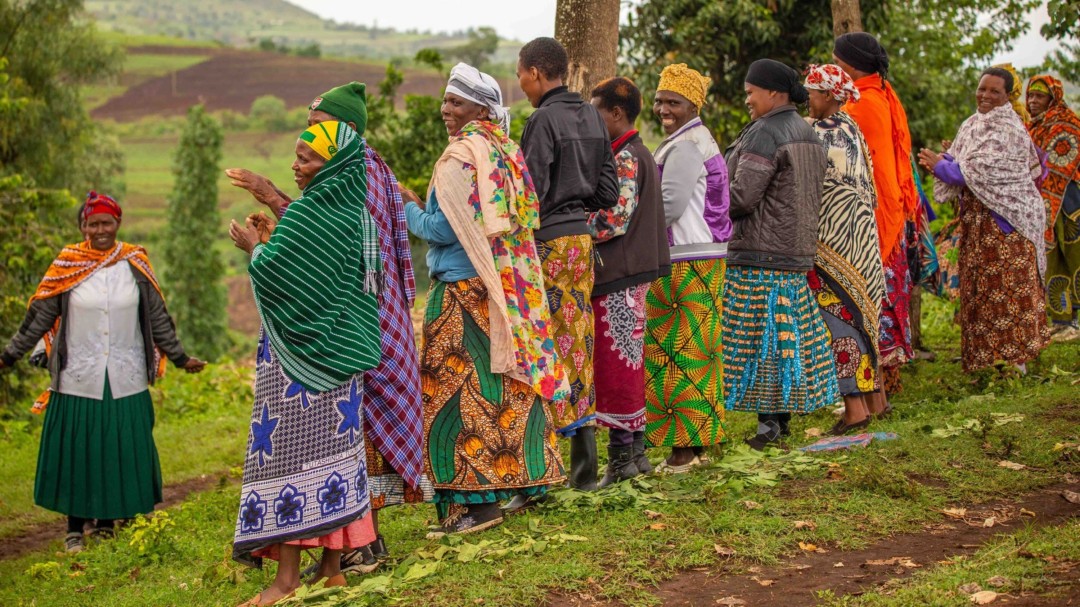
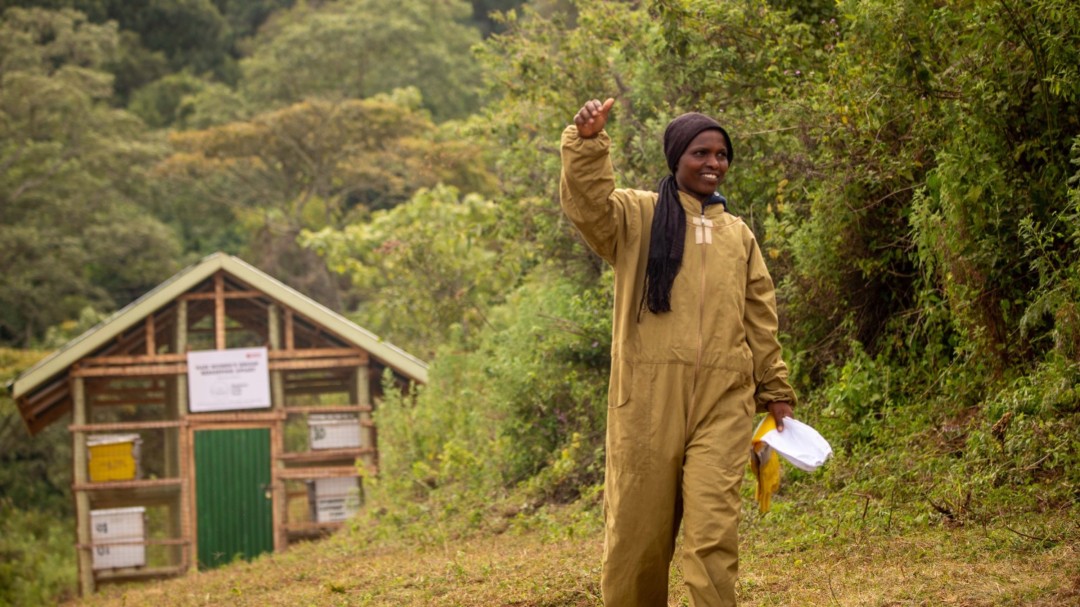
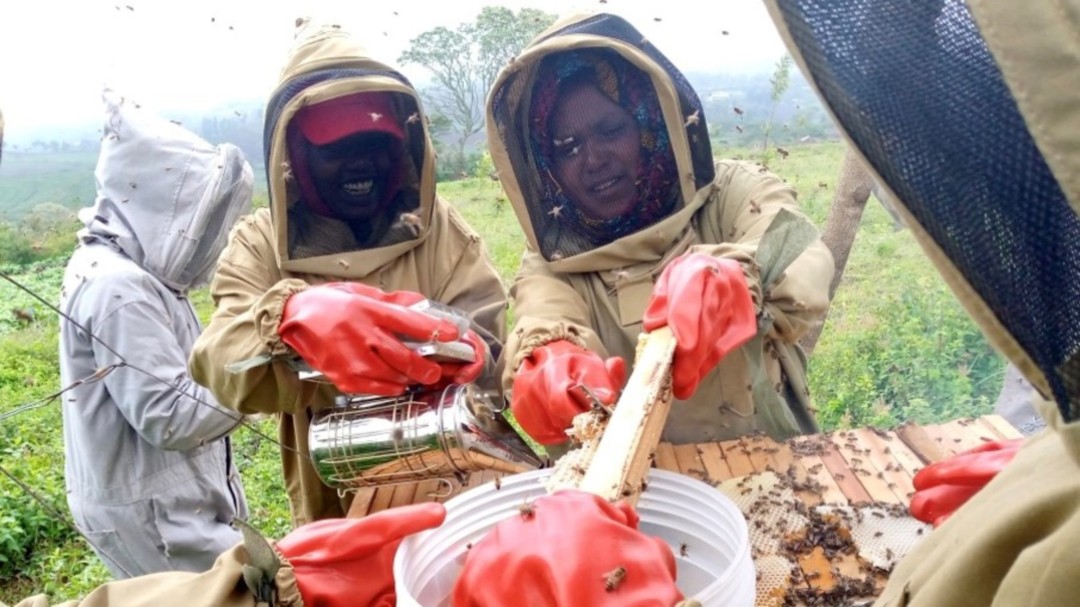
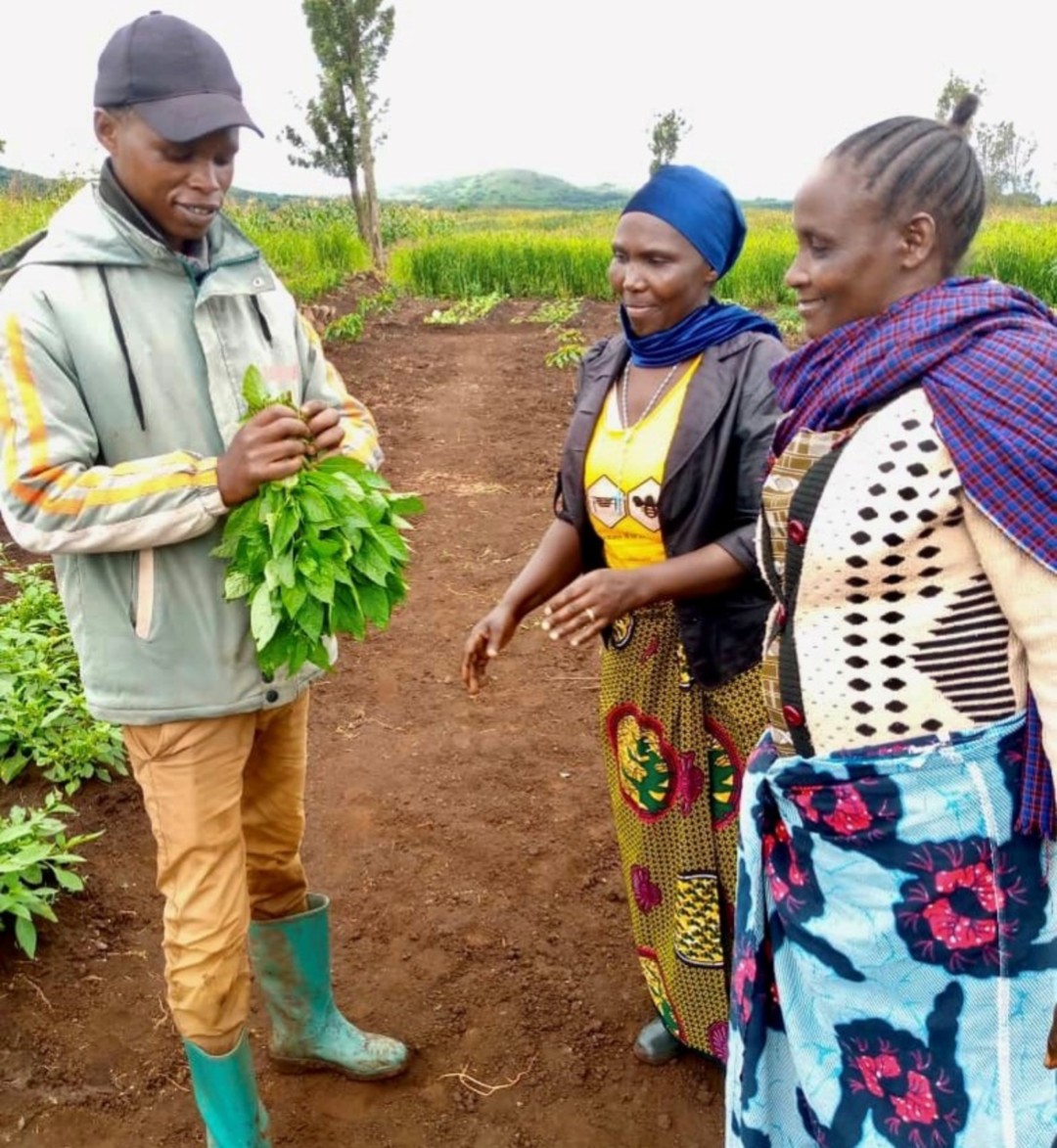
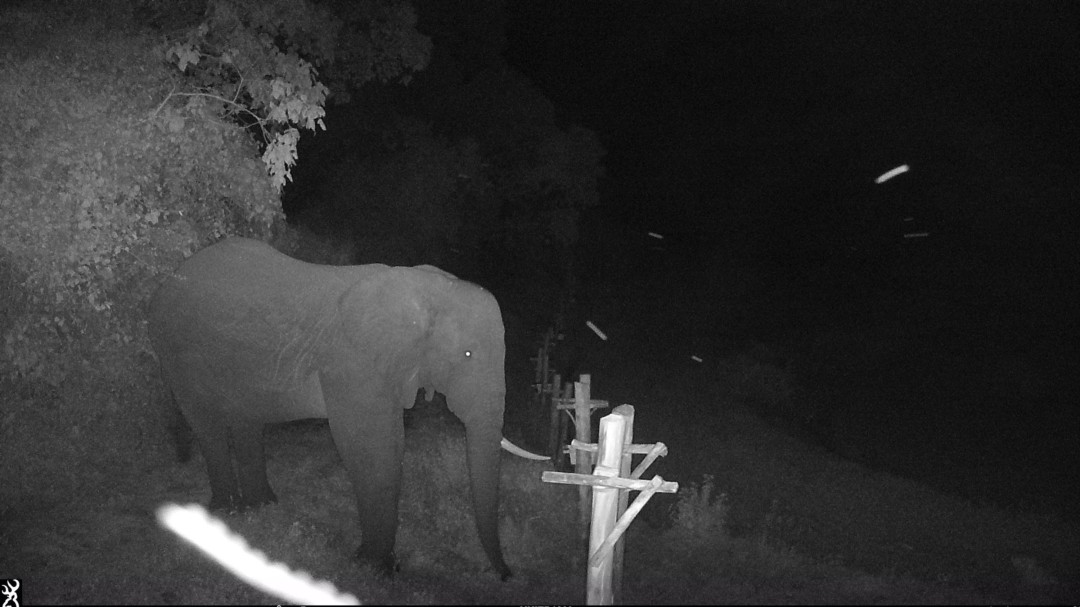
Tanzania
Population
57.3 million (2017)
Per Capita Income
USD 920/year
Poverty rate *
28% (2011)
Literacy rate
78% (2016)
Human Development Index
154TH OUT OF 189 COUNTRIES (2018)
Tanzania has experienced high and relatively stable growth rates over the past decade. At the same time, Tanzania is lagging in primary school completion, maternal health, poverty eradication, malnutrition and environmental sustainability. While the poverty rate has recently declined, the absolute number of the poor has not changed due to the fast pace of population growth (3% per annum). It has made little progress towards reducing extreme hunger and malnutrition, particularly in rural areas. However, scrapping contributions for primary and secondary school has drastically increased primary school enrolment.
Sources: World Food Program, UNICEF, World Bank, 2016 Human Development Report, Human Development Indices and Indicators (2018 Statistical Update)
*The percentage of the population living below the national poverty line.